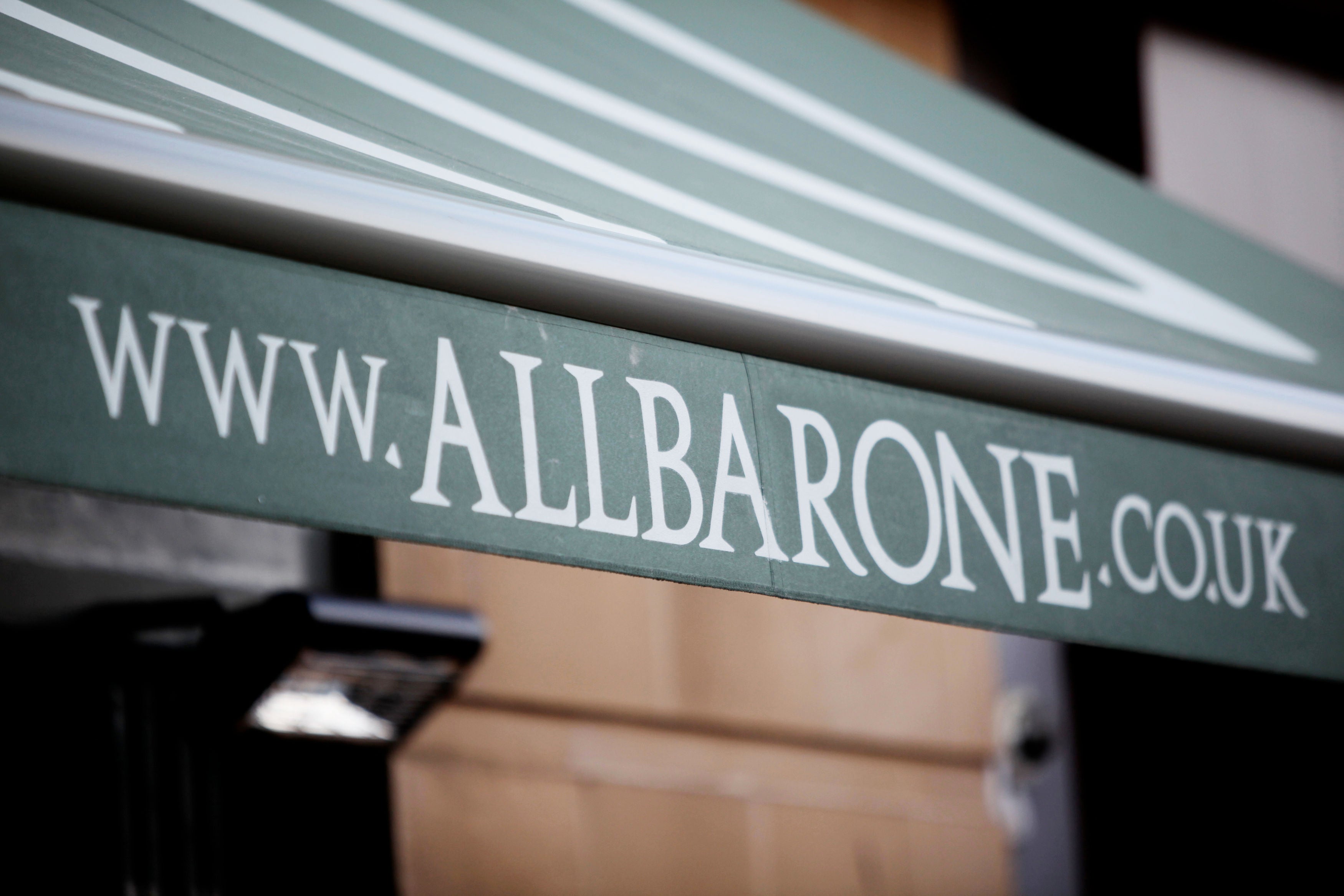The hospitality industry is suffering as supermarkets take a bite out of their profits
Grocers benefitted from the closure of hospitality businesses suffering badly from Omicron. At the very least their VAT concessions should be extended, writes James Moore


A “piping hot performance” is how one analyst decried M&S’s latest numbers, a statement which to those of use who have followed the business for more than a few years feels almost as shocking as one of Boris Johnson’s speeches being rated as 100 per cent honest by a fact-checking organisation.
But there was no denying the quality of the latest trading update, with even the much-maligned clothing business showing growth for the second consecutive quarter. The real driver, however, was the company’s sparkling food business, long the jewel in its somewhat tarnished crown. There was also a nod to its Ocado joint venture, which M&S paid a pretty penny to buy into. That business has its own update to deliver but we were told that it did well over the festive season, with M&S products making up nearly a third of every basket.
Needless to say, Tesco, the sector kingpin, also enjoyed a bumper Christmas and upgraded its profit forecast as Sainsbury’s did the previous day. Grocers are all grappling with food price inflation, the cost-of-living crisis, the mess the government has created with their supply chains, and yet they’re living in wonderland. Tesco could make a full-year profit of as much as £2.6bn.
It’s a very, very different story when one looks across at hospitality – and there’s a reason for my comparing the two, which will soon become clear. Mitchells & Butlers, which owns the All Bar One and the Toby Carvery chains, among others, said its like-for-like sales dropped by 1.5 per cent for the 15 weeks to 8 January. That’s compared to 2019 because, of course, M&B’s many outlets were shuttered in 2020.
At the start of the period sales were growing. But over its final four weeks, with Omicron landing, they tumbled by 10.2 per cent. Falling sales and rising costs – with wages and energy prices and Omicron all contributing – is leaving the group with a painful festive hangover.
Here’s where I’m going with this. A number of publicans have previously argued that they suffer unfairly from competition from the supermarkets, which can and do sell booze a lot more cheaply than they can by using it as a loss leader. Notable among their number is Wetherspoons boss and arch Brexiteer Tim Martin, whose advocacy for that pus-filled political boil has surely contributed to his sector’s woes through its impact on staff availability and supply chains.
I’ve never been terribly sympathetic to the case he makes re supermarkets because I’m not convinced that the two businesses are really in direct competition. If people want a night out, they want a night out. The fact that 16 cans of Heineken can be bought from Tesco for the price of maybe three pints and a pack of crisps, and not even that in parts of London, is immaterial. Martin is not comparing like with like when he makes this argument.
However, times change. Covid has gifted an unprecedented windfall to grocers, partly at the direct expense of the hospitality industry, either through people being forced to stay indoors or, more recently, through their taking the decision upon themselves as a result of the vexatious new variant.
There is now a strong case for giving hospitality businesses a leg up as a result, and for using the tax system to do it. The VAT these businesses were charged on food and soft drinks was reduced to as low as 5 per cent through the course of the pandemic. It’s now at 12.5 and is due to return to 20 at the end of March. The concession could, and should, be extended.
It’s worth pointing out that the supermarkets, with varying degrees of reluctance, mostly paid back the business rate holidays they enjoyed through lockdown. The unexpected receipts could be used by Rishi Sunak to help fund this. It would be to the exchequer’s long-term benefit. Hospitality businesses are substantial contributors to its coffers when they’re in good health.
Such a move could also serve as a crowd-pleaser for a chancellor who appears to have some interest in taking on the role of First Lord of the Treasury, a title which is traditionally bestowed upon the occupant of the office next door to his current abode.



Join our commenting forum
Join thought-provoking conversations, follow other Independent readers and see their replies
Comments